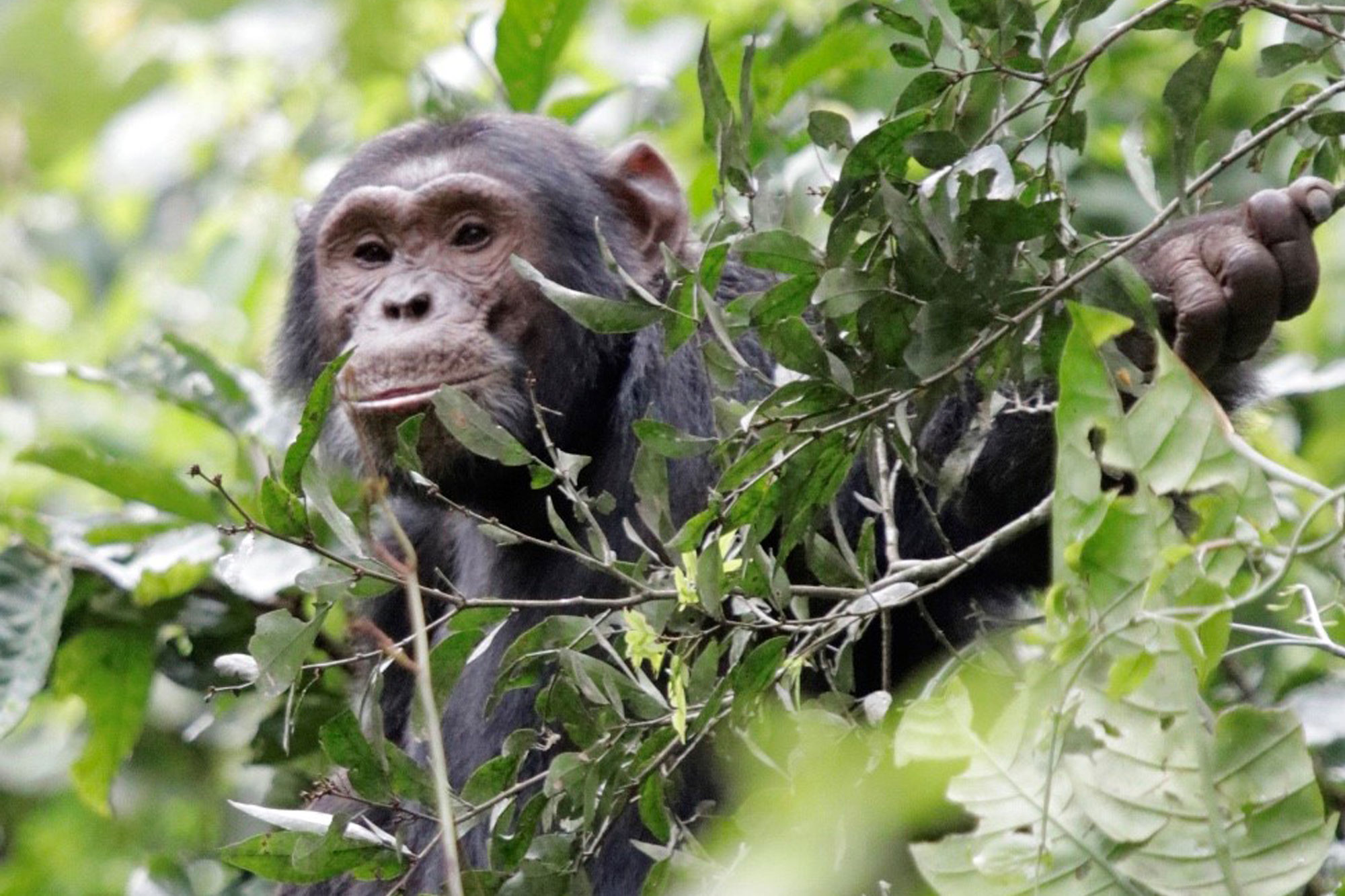Primate Ecology is like no other module we’ve taken before in our many years of University: it is an experience that will stay with us forever!
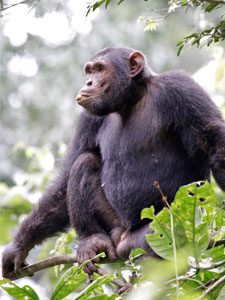 Having the chance to observe and record the behaviours of chimpanzees in their natural environment produces such an engaging experience, one that not only gives an insight into their daily lifestyle, but also allows us to discover the challenges that come with doing fieldwork and collecting behavioural data. Much trial and error was needed to master techniques that worked in different behavioural situations, and such hard work is difficult to truly comprehend from just reading the literature. The time and effort spent doing so in Uganda, at the Budongo Forest Field Station, was incomparable and we feel we gained true insight into how fieldwork is conducted.
Having the chance to observe and record the behaviours of chimpanzees in their natural environment produces such an engaging experience, one that not only gives an insight into their daily lifestyle, but also allows us to discover the challenges that come with doing fieldwork and collecting behavioural data. Much trial and error was needed to master techniques that worked in different behavioural situations, and such hard work is difficult to truly comprehend from just reading the literature. The time and effort spent doing so in Uganda, at the Budongo Forest Field Station, was incomparable and we feel we gained true insight into how fieldwork is conducted.
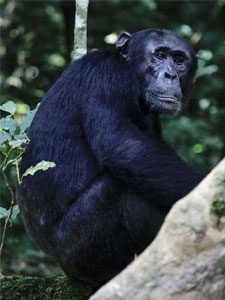 Before we got to see chimpanzees – because we had to respect a quarantine period to protect the chimps from viral transmission – we had the wonderful opportunity of seeing and learning about the Ugandan wilderness in the form of a safari game drive and river Nile cruise in Murchison Falls National Park. We were able to ease ourselves into fieldwork through observing the behaviour of elephants, massive herds of Uganda kob, hornbills, giraffes and baboons. On the cruise, we saw hippos and crocodiles whilst enjoying the splendour of the crashing waters of Murchison Falls. Moving quickly between different animals, only occasionally gaining a more in-depth insight into their behaviour, proved a fun challenge.
Before we got to see chimpanzees – because we had to respect a quarantine period to protect the chimps from viral transmission – we had the wonderful opportunity of seeing and learning about the Ugandan wilderness in the form of a safari game drive and river Nile cruise in Murchison Falls National Park. We were able to ease ourselves into fieldwork through observing the behaviour of elephants, massive herds of Uganda kob, hornbills, giraffes and baboons. On the cruise, we saw hippos and crocodiles whilst enjoying the splendour of the crashing waters of Murchison Falls. Moving quickly between different animals, only occasionally gaining a more in-depth insight into their behaviour, proved a fun challenge.
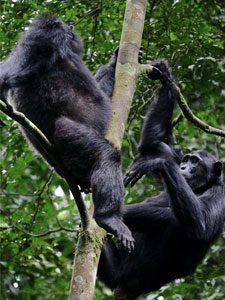 The night was as lively as the day. In the forest, the song of cicadas blasts throughout the night, accompanied by the occasional screams of tree hyrax – and while this might sound like a huge inconvenience, the sounds do actually feel soothing once you get used to it. The most eventful night, however, had to be one we spent in the national park when we encountered a wild adult hippo who had wandered into camp to forage directly outside our banda (hut, in Swahili)!
The night was as lively as the day. In the forest, the song of cicadas blasts throughout the night, accompanied by the occasional screams of tree hyrax – and while this might sound like a huge inconvenience, the sounds do actually feel soothing once you get used to it. The most eventful night, however, had to be one we spent in the national park when we encountered a wild adult hippo who had wandered into camp to forage directly outside our banda (hut, in Swahili)!
In the various camps where we stayed, circumstances were equally as eye-opening. For starters, having to use pit latrines (a man-made hole in the ground) took some getting used to, particularly the first time when we were introduced to one and a bat flew out from within the depths!
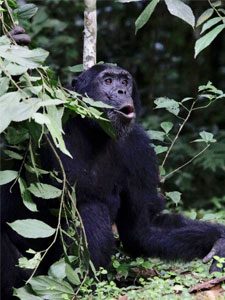 We enjoyed meals that consisted mainly of beans or peas in a sauce base accompanied by a choice of carbs such as rice or potatoes (and the tiniest chopped peppers) courtesy of our camp chef, the lovely Mary, but we also tried some typical Ugandan cuisine including a maize-based mash called posho and kalo made from millet. The food provided kept us “strong and energised” (as the locals put it), preparing us for long days of chimpanzee tracking. We also enjoyed the local rolexes, an omelette with peppers rolled inside a chapati.
We enjoyed meals that consisted mainly of beans or peas in a sauce base accompanied by a choice of carbs such as rice or potatoes (and the tiniest chopped peppers) courtesy of our camp chef, the lovely Mary, but we also tried some typical Ugandan cuisine including a maize-based mash called posho and kalo made from millet. The food provided kept us “strong and energised” (as the locals put it), preparing us for long days of chimpanzee tracking. We also enjoyed the local rolexes, an omelette with peppers rolled inside a chapati.
This field trip took us out of our comfort zone, immersing us in whole new environments, and allowing use to physically confront the materials that we learnt in our lectures. This course was an important part of our undergraduate experience and we hope that many more students will be able to share it in the future.
We wouldn’t call it a once-in-a-lifetime experience – but only because we hope to do more fieldwork like it!
This text was composed by students attending the Budongo Forest Field Station in Uganda, September 2019, as part of the Primate Ecology module offered on the BSc in Anthropology and BSc in Biological Anthropology programmes.

